Financial Items You Need to Review
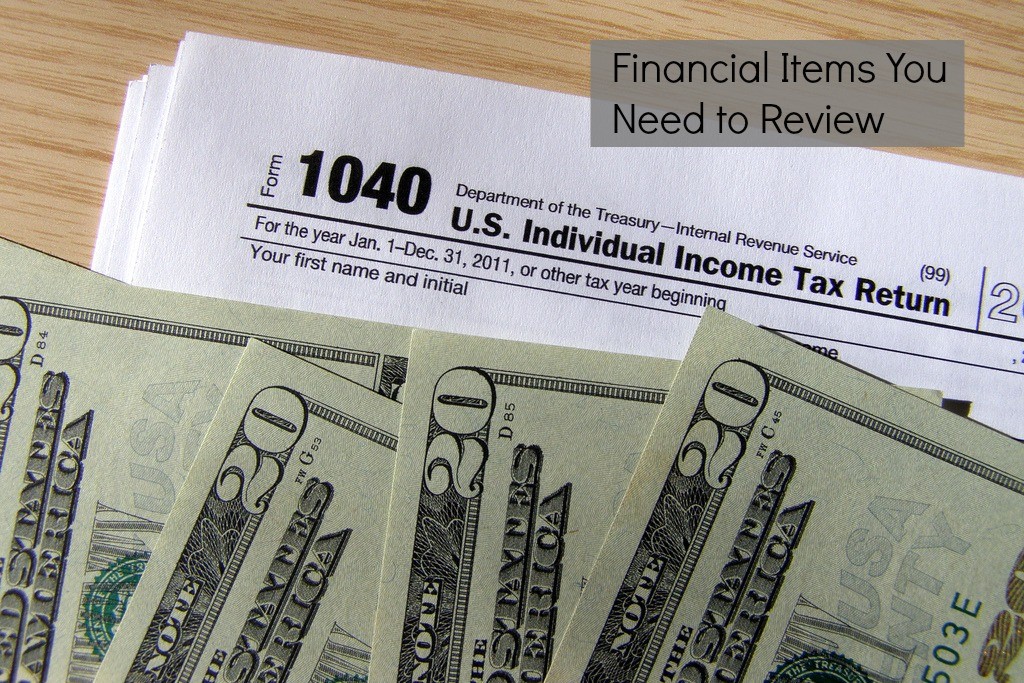
When you start a new job you have a lot of paperwork to fill out in order to set up your benefits. You’re told about the health insurance plan, dental insurance plans, retirement plans, the pension, how to designate beneficiaries etc. You have to fill everything out by a specific date and if you’re doing it during orientation you may feel quite rushed. You might have said ok, whatever they recommend I’ll go with it or you took a look beforehand and made your best guess but still aren’t really sure if you picked the best plans for you.
If you’ve had any major life changes then it’s time to reanalyze your plans and potentially save money. Make sure the plans are the best fit for your current situation. Money is coming out of your check every month so make sure you’re getting what you need. Take a second look at these financial items.
1) Health Insurance Plan.
All the jargon can be a bit confusing HMO vs PPO vs POS, but what you need to consider is how much coverage do you truly need. Is it just you or do you have family members on your plan? Has a child reached an age where they will no longer be on your plan? Do you expect a lot of doctor’s visits or anticipate purchasing a lot of prescription medications? For example, if you or a spouse is pregnant, that ensures you’ll have quite a lot of doctor’s visits coming up in a short period of time for mom and baby. Is the doctor or doctors that you need within a specific network? If not then, make sure you do not have an HMO where you have to pick physicians within specific network. You should also analyze the plan to determine if there has been any change in your coverage and co-pays. You may be able to shift or switch your plan to have a lower premium and still maintain the coverage you need.
2) Retirement Accounts.You likely set up a 401(k) or similar retirement account when you started your employment. For your contributions, you either picked a random amount that seemed good or gave it serious thought and picked an amount that worked at the time. How long ago was that time? Does that contribution amount still work for you? First, if you receive employer math, usually about 5-6%, make sure you’re contributing enough money to meet and receive the employer matched contribution. Second, get very clear on what your nest egg number is. How much do you need to live comfortably in retirement? If you’ll need $60,000 per year, are you sure you’re contributing enough now? Here’s a great retirement calculator to help you figure it out. You may find you should be contributing more money to your retirement accounts to ensure future financial security. This will lower your taxable amount of income so you’ll save money there. Speaking of taxes …
3) W-4 Form.
I often hear people bragging about receiving several thousand dollar refunds after filing taxers. A particular exclamation that stuck with me was about an $8,000 refund after taxes. A whopping $8,000! Well, you actually just gave the government an interest free loan. You filled out a W-4 to tell your employer how much federal income tax to withhold from your check. If you are getting large refunds every year, you’re giving the government too much money throughout the year. Take a second look at this form and make the necessary changes, be realistic and truthful you don’t want to owe money after taxes either. Aim to owe nothing or receive nothing or a small refund. You can use that money during the year for your expenses rather than loaning it out to the government interest free. For example, imagine if the person from above had taken that $8,000 and invested it instead.
Leave your comments below and reach us on Facebook and Twitter. There’s even more content in the newsletter. Sign-up to get it.
Photo Credit: StockMonkeys.com


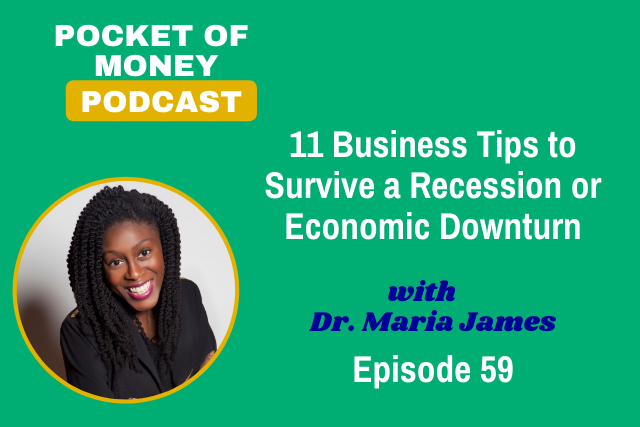
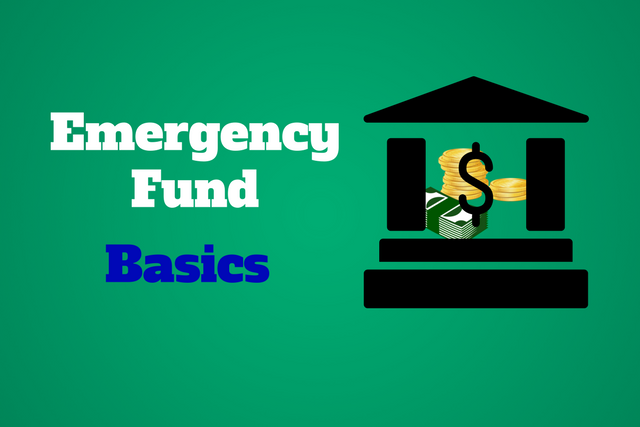

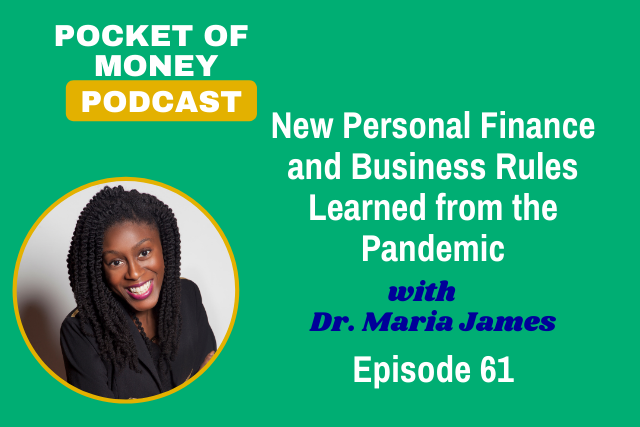
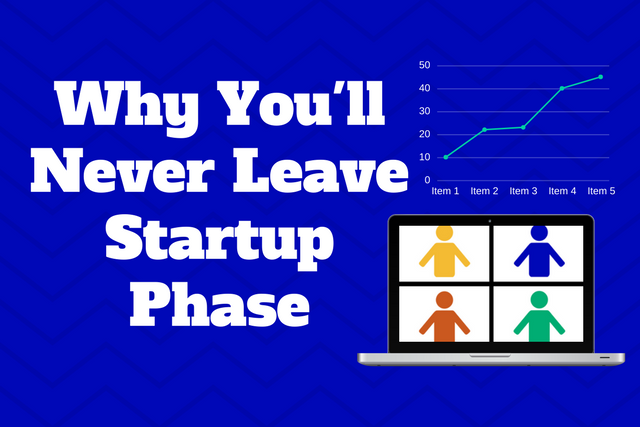
Hi Maria,
Nice piece here. I always think it’s vital to review one’s benefit plans at work, especially during open enrollment and BEFORE a job change. I’ve worked with so many people who have failed to plan before these events and that mistake have proven costly…
One major area in insurance/benefit planning that is lacking is Disability Insurance. many employees opt for dental insurance and vision benefits over a solid group long term disability option.
If your readers work for an employer, they NEED to review their disability benefits. If they have a flexible benefit plan with choices of coverages, then I would encourage them to explore disability insurance over dental coverage, which I rarely recommend people buy anyway. Dental benefits are very limited, whereas disability insurance can pay your monthly expenses if you get sick or hurt for longer than a certain period of time, usually 90 days or more.
Anyway, thanks for the post!
Chris Acker, CLU, ChFC
myfasttermquotes.com
Thanks for this post! I would also encourage your readers to examine their disability coverage especially during a job change and open enrollment. It’s a big mistake that I see clients make- opting for dental coverage over insurance that pays a mortgage and allows you to stay in your home if you are sick or hurt for an extended period of time, usually 90 days or more.
Again, I enjoyed your piece here!
Chris Acker, CLU, ChFC
myfasttermquotes.com